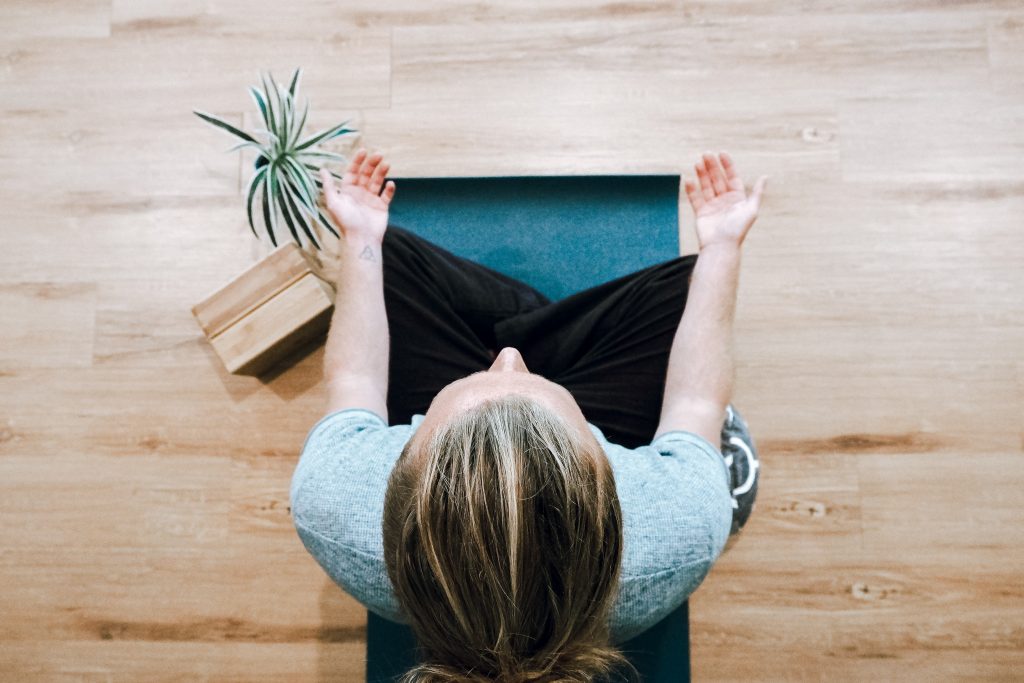In recent years, the concept of a growth mindset has gained popularity, particularly in the field of education. Coined by psychologist Carol Dweck, a growth mindset refers to the belief that abilities and intelligence can be developed through dedication and hard work.
Having a growth mindset can lead to increased motivation, resilience, and a willingness to take on challenges. In contrast, a fixed mindset, which assumes that abilities and intelligence are set and unchanging, can lead to a fear of failure and a lack of confidence.
If you want to develop a growth mindset, there are several tips and strategies you can follow. In this article, we’ll discuss some of the most effective ways to cultivate a growth mindset and achieve your goals.

Embrace Challenges
One of the key tenets of a growth mindset is the willingness to take on challenges. Rather than shying away from difficult tasks, those with a growth mindset embrace them as opportunities for growth and learning.
When faced with a challenge, approach it with a positive attitude and a willingness to learn. Rather than focusing on the possibility of failure, focus on what you can gain from the experience. If you make a mistake, view it as an opportunity to learn and grow, rather than as a reflection of your abilities.
Practice Persistence
Developing a growth mindset requires persistence and dedication. When faced with setbacks or obstacles, those with a growth mindset don’t give up easily. Instead, they view these challenges as opportunities to learn and improve.
If you encounter a setback, take some time to reflect on what went wrong and how you can improve in the future. Then, try again, armed with your new knowledge and insights. Remember, failure is not a permanent condition – it’s an opportunity to learn and grow.
Cultivate a Love of Learning
Those with a growth mindset are lifelong learners. They approach each day with an open mind and a curiosity about the world around them. They seek out new experiences and opportunities to learn, whether through formal education, travel, or simply exploring new interests.
If you want to develop a growth mindset, cultivate a love of learning. Read books, take classes, and seek out mentors who can guide you on your journey. Be open to new experiences and don’t be afraid to try new things. Remember, every experience is an opportunity to learn and grow.
Emphasize Effort Over Talent
People with a growth mindset understand that effort is more important than innate talent. They believe that hard work and dedication can overcome even the most significant challenges.
If you want to cultivate a growth mindset, focus on your effort rather than your natural abilities. When you encounter a challenge, don’t worry about whether you have the talent to succeed. Instead, focus on putting in the effort and dedication needed to achieve your goals.
Embrace Feedback
Those with a growth mindset are not afraid of feedback. They understand that constructive criticism is a valuable tool for growth and improvement.
If you want to develop a growth mindset, embrace feedback. Seek out opportunities to receive feedback, whether from peers, mentors, or supervisors. When you receive feedback, don’t get defensive or take it personally. Instead, view it as an opportunity to learn and improve.
Surround Yourself with Positive Influences
The people you surround yourself with can have a significant impact on your mindset. If you want to develop a growth mindset, surround yourself with positive influences – people who inspire you, challenge you, and support your goals.
Seek out mentors who can guide you on your journey and offer constructive feedback. Connect with peers who share your interests and can offer support and encouragement. And most importantly, believe in yourself – you are capable of achieving great things with the right mindset and support system.
Celebrate Your Successes
Finally, it’s important to celebrate your successes, no matter how small they may seem. Acknowledge your progress and the hard work you’ve put in to achieve your goals. Celebrating your successes can help to reinforce a growth mindset and motivate you to keep striving for more.
Take some time to reflect on your achievements and the progress you’ve made. Write them down and acknowledge the effort and dedication it took to get there. Celebrate your successes with friends and family or treat yourself to something special.
Ultimately, developing a growth mindset takes time and dedication, but the benefits are worth it. By embracing challenges, practicing persistence, cultivating a love of learning, emphasizing effort over talent, embracing feedback, surrounding yourself with positive influences, and celebrating your successes, you can cultivate a growth mindset and achieve your goals.
Remember, developing a growth mindset is not a one-time event – it’s an ongoing process. It requires a willingness to learn, a commitment to hard work, and a belief in your own abilities. But with dedication and perseverance, anyone can develop a growth mindset and achieve great things.



